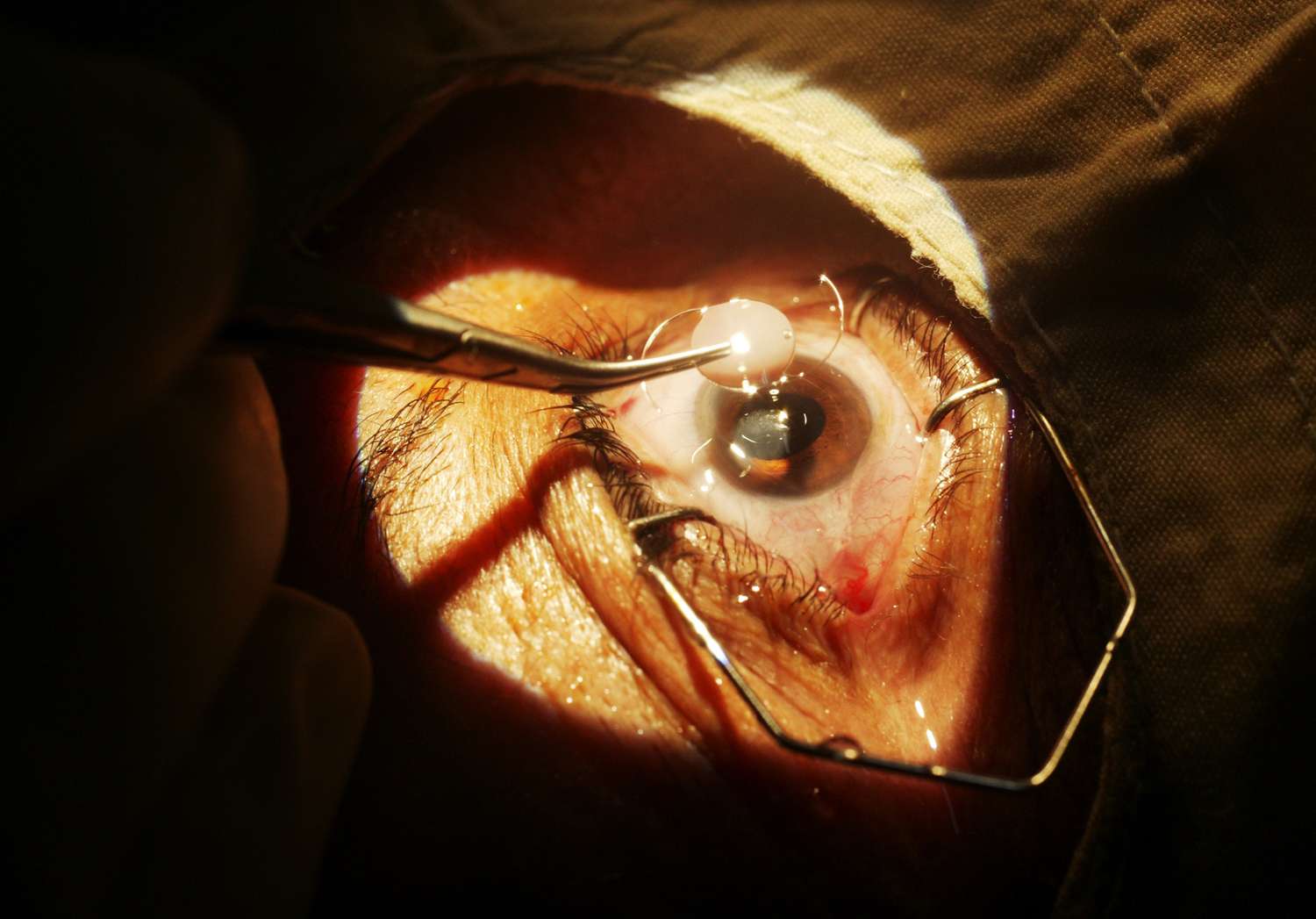What to Expect During Cataract Surgery

Cataracts are a common age-related eye condition that can significantly impact your vision. Fortunately, cataract surgery is a highly effective and safe procedure that can restore clarity to your vision and is completed in just 5-10 minutes at Optimax clinics. If you or a loved one are facing cataract surgery, it’s natural to have questions and concerns. In this article, we will walk you through what to expect during cataract surgery, from the pre-operative preparations to the post-operative recovery.
Preoperative Preparation
Consultation and Evaluation
Your journey to cataract surgery will begin with a comprehensive eye examination by an ophthalmologist. During this consultation, your eye doctor will assess the extent of your cataracts and determine if surgery is necessary. They will also discuss your medical history and any pre-existing eye conditions such as glaucoma.
Choosing the Right Intraocular Lens (IOL)
If surgery is recommended, you will be given the opportunity to choose the type of intraocular lens (IOL) that will be implanted during the procedure. IOLs come in various types, including monofocal, multifocal, and toric lenses, each with its unique benefits. If you are getting cataract surgery through the NHS, your choice will be limited to monofocal lenses. Your surgeon will help you decide which IOL is best suited for your vision needs.
Medication Review
Before surgery, inform your eye surgeon about any medications you are taking, especially blood-thinners, as these may need to be adjusted or temporarily stopped to reduce the risk of bleeding during the surgery.
The Cataract Surgery Procedure
Anaesthesia
Our cataract surgeries are performed using local anaesthesia, which numbs the eye and surrounding tissues. You may also be given a mild sedative to help you relax. In some cases, general anaesthesia may be used, especially if there are other medical conditions that require it.
Incision
Cataract surgery is a minimally invasive procedure. Your surgeon will make a small incision in the cornea, the clear front surface of the eye, to access the cataract.
Phacoemulsification
Phacoemulsification is the most common technique used during cataract surgery. It involves the use of an ultrasound probe that breaks up the cloudy lens into small pieces, which are then suctioned out through the incision. This technique is highly precise and minimises damage to surrounding tissues.
IOL Implantation
Once the cataract is removed, the IOL selected during your pre-operative consultation is implanted into the eye. These artificial lenses are designed to replace the natural lens and restore clear vision.
Suture or Self-Sealing Incision
Depending on the type of incision used, your surgeon may close it with sutures or leave it to self-seal. Self-sealing incisions are becoming more common, as they generally require less post-operative care.
Recovery Room
After the surgery, you will be taken to our recovery area where you will be able to rest for a short while. You may experience some mild discomfort, but this is normal and can usually be managed with over-the-counter pain relievers.
Post-Operative Care and Recovery
Eye Shield
You will be given an eye shield to wear after the surgery. This protects the eye and prevents any accidental contact or rubbing.
Follow-Up Appointment
We will schedule a follow-up appointment with you after your surgery. During this, we will check your eye’s healing progress and may prescribe eye drops or medications to help the healing process. If you have opted for private care with us, you will then be given an aftercare plan to check in with your surgeon and make sure treatment progresses as expected. For NHS patients, we will provide you with a list of clinics and aftercare facilities to choose from in your local area.
Temporary Vision Changes
It’s common to experience some temporary vision changes after cataract surgery. Your vision may be blurry or hazy initially, but it should gradually improve in the days and weeks following the procedure.
Restrictions and Precautions
Your surgeon will provide specific instructions on activities to avoid during the initial recovery period. We advise you not to lift heavy objects, bend at the waist, or engage in strenuous activities to prevent any strain on your eye.
Vision Enhancement
Many patients will notice a significant improvement in their vision within a few days of surgery. However, it may take a few weeks to fully experience the benefits of the IOL. Some patients may still require prescription glasses for certain activities or vision correction.
